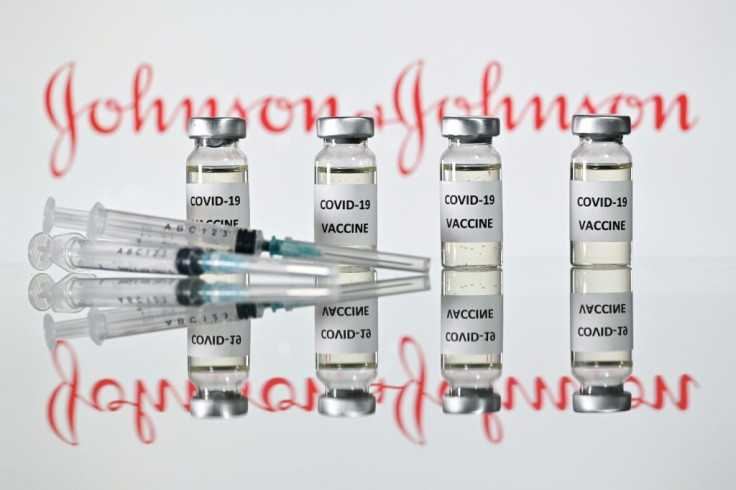Plant That Ruined Millions Of J&J COVID-19 Vaccine Doses Had Very Poor Conditions
KEY POINTS
- A key House committee held a hearing to examine the facility’s role in ruining the J&J shots
- Some employees at the Baltimore plant failed to shower or change clothes
- Top executives of the company received bonuses despite the factory's poor conditions
Employees at a Baltimore plant that ruined millions of COVID-19 vaccine doses had poor hygiene conditions, with some staff members skipping showers or changing clothes, a memo released Wednesday by a key House committee found.
On March 31, federal officials revealed that at least 15 million doses of the Johnson & Johnson vaccine were wasted after workers at the Emergent BioSolutions plant in Baltimore accidentally mixed up doses of the J&J and the AstraZeneca vaccines.
Inspections of the Emergent conducted between April 12 and April 20 had flagged the facility for problems with mold, poor disinfection of plant equipment, peeling paint, and black and brown residue on the floors and walls.
A review of security camera footage showed that employees carried unsealed bags of medical waste around the factory. Some bags had also touched materials ready to be used to make batches of coronavirus vaccines.
The inspection also found that employees did not follow procedures to prevent contamination, including failing to shower or change clothes, which is required when working in a factory, according to a 13-page report released by the Food and Drug Administration.
In more than three hours of testimony before the House Select Subcommittee on the Coronavirus Crisis, Robert G. Kramer, chief executive of Emergent BioSolutions, acknowledged the unsanitary conditions at the plant.
He also disclosed that the incident led to the hold-up of more than 100 million doses of the J&J vaccines as regulators check them for possible contamination.
"No one is more disappointed than we are that we had to suspend our 24/7 manufacturing of new vaccine," Kramer said, adding: "I apologize for the failure of our controls.”
"We have made significant progress against all of those commitments, we are very close to completing them, and I would expect we would be in a position to resume production within a matter of days,” he added.
In his initial statement, Kramer claimed that Emergent’s quality control practices discovered the contamination. However, he later admitted that it was actually the J&J lab in the Netherlands that detected the contamination after Rep. Bill Foster, D-Ill, pressed on the issue.
Despite the poor conditions at the plant, top company executives received bonuses last year. Documents released by the committee showed that Kramer received a $1.2 million bonus, while three other executives receiving more than $400,000 each.
The Wednesday hearing comes more than a month after the mix-up. The Biden administration has since put J&J in charge of the Baltimore plant.

© Copyright IBTimes 2024. All rights reserved.






















